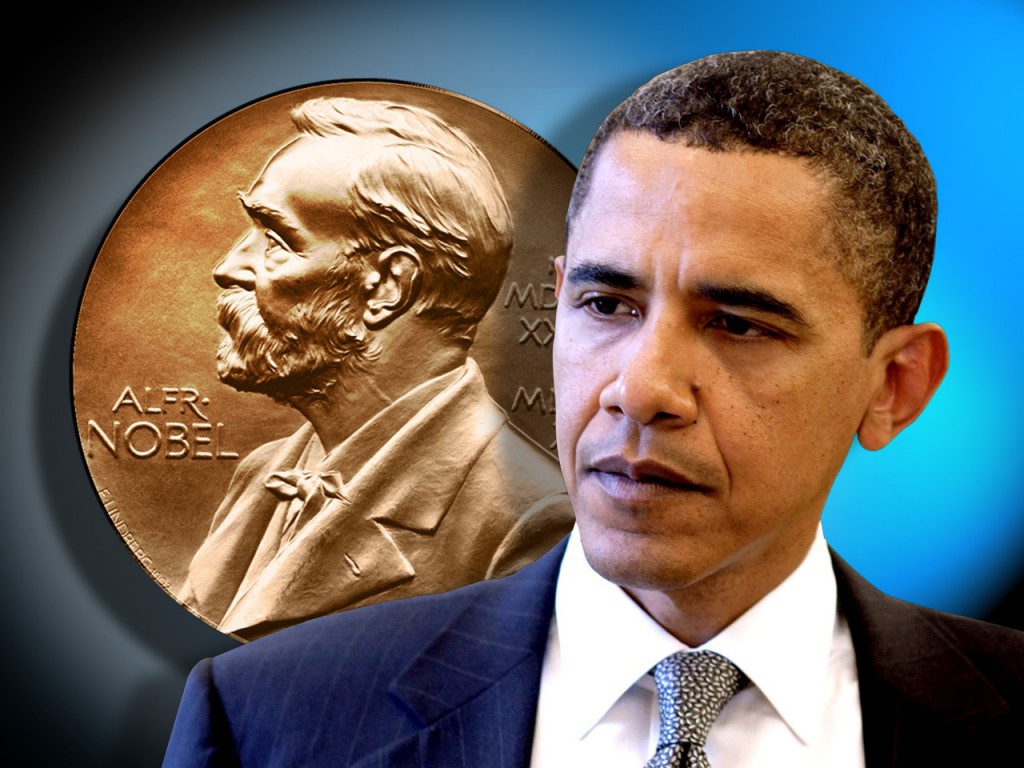When it comes to his administration’s foreign policy, Barack Obama must feel a little like Michael Corleone in The Godfather Part III: “Just when I thought I was out, they pull me back in.”
Upon entering office, the president promised to end the wars of occupation in Iraq and Afghanistan, reset American relations with Russia, and give priority to rebuilding the American middle class. Now, after being “pulled back in” by liberal interventionists and neoconservative hawks both inside and outside his administration, he finds himself pursuing a new open-ended war against the so-called Islamic State (ISIS), prosecuting an expanded counterterrorism campaign from Central Asia to North Africa, overseeing a new Cold War with Russia, and pivoting toward what could become one with China in East Asia.
It’s worth noting that many of the people pulling Obama into these strategic choices are the same ones who cheered us into the war in Iraq. Such credentials should have thoroughly discredited them. But over the last several years, they have had a disproportionate influence in shaping a narrative of US foreign policy that is almost as misguided as the one they spun in the lead-up to the Iraq War.
According to this narrative, Obama has led an American retreat from the world that has emboldened our adversaries and put at risk the international system built by the United States. The fundamental goal of US foreign policy, therefore, must be to restore American global leadership and reassure our allies with more decisive and muscular action, particularly in defeating ISIS in Iraq and Syria and in countering Russia in Ukraine and China in East Asia.

